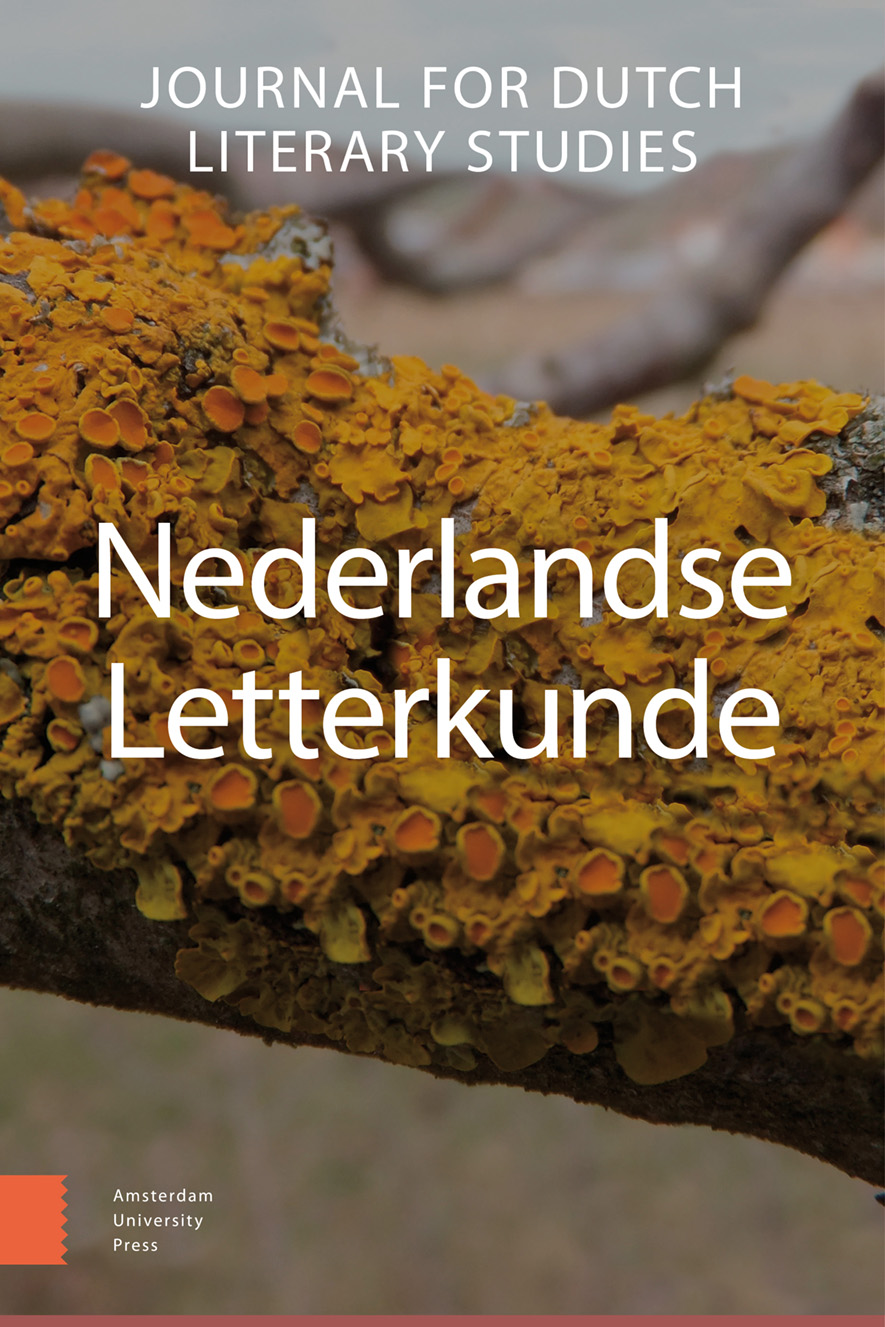-
oa Literatuur leren onderzoeken in de klas
Hoe de Geschiedenis van de Nederlandse literatuur en LitLab.nl scholieren kunnen opleiden tot literatuuronderzoekers
- Amsterdam University Press
- Source: Nederlandse Letterkunde, Volume 23, Issue 3, dec. 2018, p. 235 - 255
-
- 01 dec. 2018
Samenvatting
Literary research in the classroom. Research education using LitLab.nl and the Geschiedenis van de Nederlandse literatuur
In Dutch secondary schools, pupils rarely learn how to research Dutch language and literature. While other school subjects promote the development of disciplinary research skills, the curriculum of Dutch lacks a similar focus. As a result, secondary school pupils are taught to treat the Dutch literary history as a collection of literary and historical facts rather than a status questionis of the current field of literary scholarship. In this article we argue that the connection between the Geschiedenis van de Nederlandse literatuur (GNL) and LitLab.nl – a digital laboratory for literary research on secondary schools – could support the development of a scientific research disposition and facilitate the shaping of pupils as literary researchers. We discuss the theoretical and didactic background of LitLab in order to demonstrate how an adjusted and more accessible version of the new GNL could be integrated in the curriculum by using LitLab as a medium.


